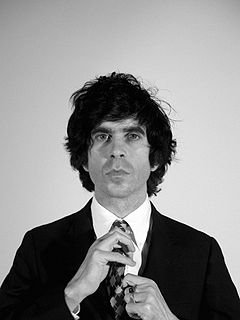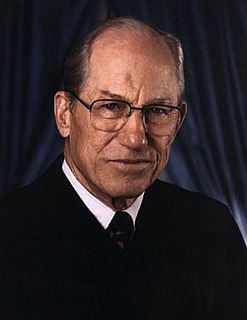A Quote by Ian Svenonius
We live in a unipolar world at this point with America as a moral arbiter and the whole morality is based on this insane corporatocracy.
Related Quotes
Neoconservatism in all its pomp conceived - in the Project for a New American Century - that, following the collapse of the Soviet Union, the world could be remade in the American image, that the previous bipolar world could be replaced by a unipolar one in which the U.S. was the dominant arbiter of global and regional affairs.
I think moral philosophy is speculation on how we ought to live together done by people who have very little clue how people work. So I think most moral philosophy is disconnected from the species that we happen to be. In fact, they like it that way. Many moral philosophers insist that morality grows out of our rationality, that it applies to any rational being anywhere in the universe, and that it is not based on contingent or coincidental facts about our evolution.
I'm not saying that atheists can't act morally or have moral knowledge. But when I ascribe virtue to an atheist, it's as a theist who sees the atheist as conforming to objective moral values. The atheist, by contrast, has no such basis for morality. And yet all moral judgments require a basis for morality, some standard of right and wrong.
America has become and was the exception to the way most of the people in the world were forced to live, because America was the first formally built, structured country on the premise that the people ran the show based on their liberty, based on their natural God-given rights to pursue happiness. The right to life, the right to freedom and to pursue happiness. No other country in the history of the world had ever been formed or founded on such premises. This one was. That was the exception.
We're always projecting our moral categories on things. I think that's inevitable. But capitalism places no particular value on morality. Morality in the market is enforced by contract and regulation and law, because morality is understood to be in conflict with the motive force of greed and accumulation.
Suspending moral judgment is not the immorality of the novel; it is its morality. The morality that stands against the ineradicable human habit of judging instantly, ceaselessly, and everyone; of judging before, and in the absence of, understanding. From the viewpoint of the novel's wisdom, that fervid readiness to judge is the most detestable stupidity, the most pernicious evil.
I believe in an America that is on the march - an America respected by all nations, friends and foes alike - an America that is moving, doing, working, trying - a strong America in a world
of peace. That peace must be based on world law and world order, on the mutual respect of all nations for the rights and powers of others and on a world economy in which no nation lacks the
ability to provide a decent standard of living for all of its people.
The multiplication of individual sects should not fool us: the important point is that the whole of America is preoccupied with the sect as a moral institution, with its immediate demand for beatification, its material efficacity, its compulsion for justification, and doubtless also with its madness and frenzy.




































